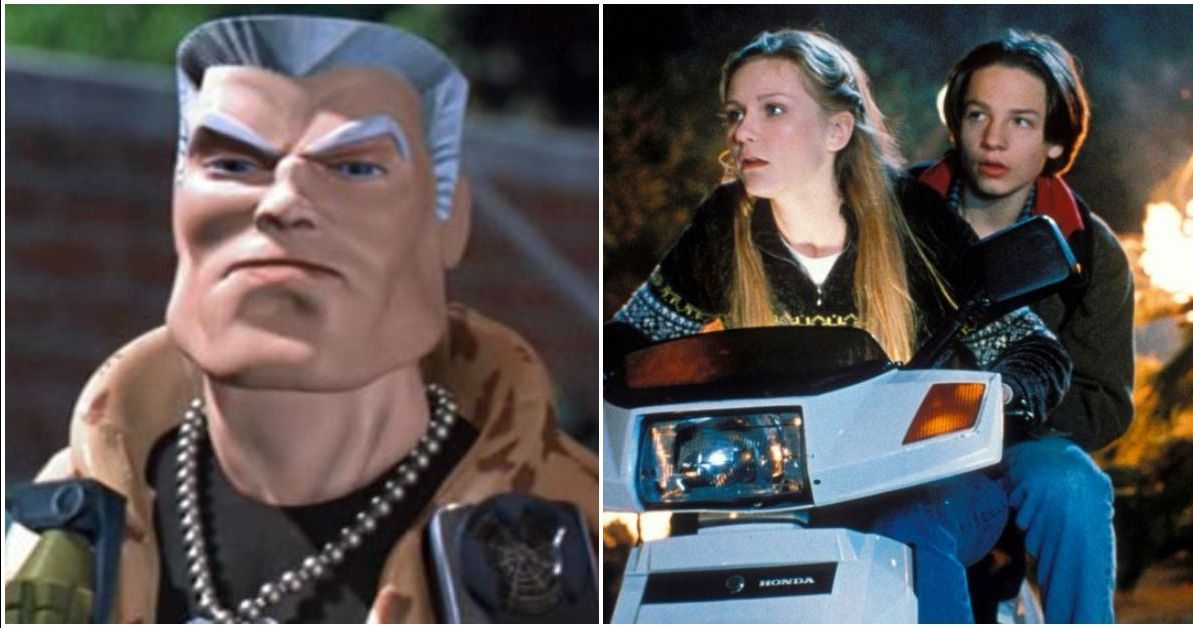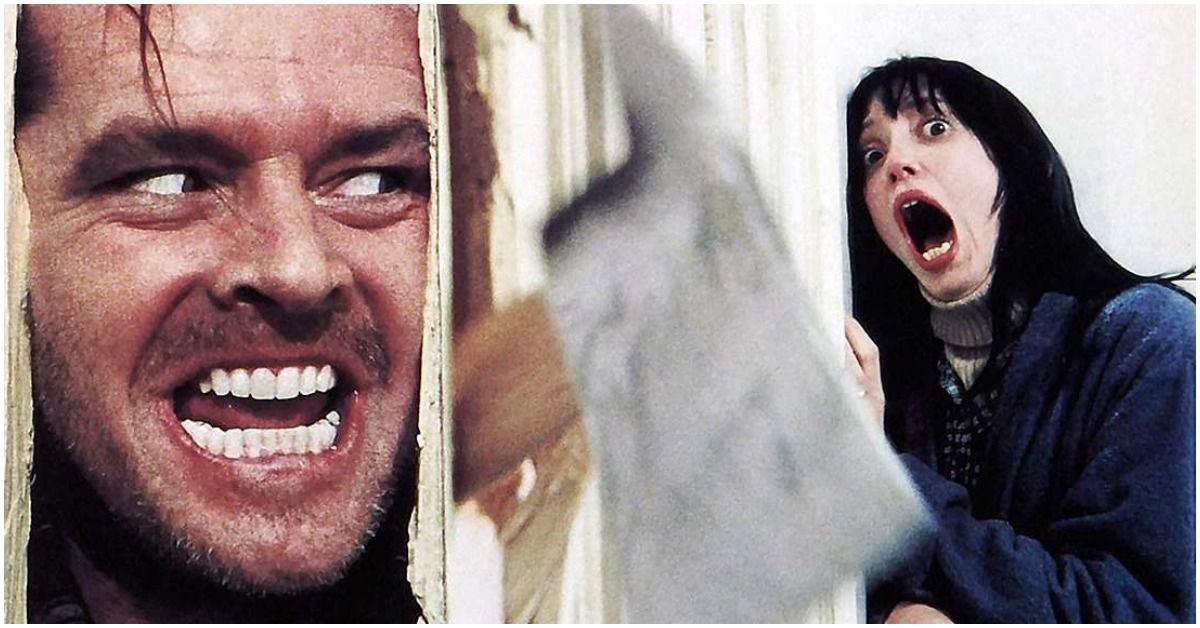
10 Movies That Hollywood Expected To Fail, But Obviously Didn't

Plenty of movies released over the years have gone on to become beloved classics, but they don't always turn out that way. It's impossible to predict what's going to stick the landing, and in the case of these 10 movies, everybody seemed to guess wrong on how it would do.
The Lion King (1994)

The Lion King is one of Disney's biggest success stories, taking in nearly a billion dollars worldwide during its theatrical run. It's interesting then that Disney themselves really didn't seem to believe in the movie; most of their senior animation staff jumped ship to work on Pocahontas, which they thought would be its biggest prestige picture since Beauty and the Beast.

The Lion King was left in the hands of much younger staff members who wanted to try some experimental filmmaking methods, and ultimately their efforts paid off; it made over three times the revenue Pocahontas would make, and was much better received critically.
The Matrix (1999)

It's hilarious to think that at one point in time The Matrix was a scrappy little up-and-coming sci fi action film and not a revolution of special effects and storytelling that would spawn dozens of imitators and two divisive sequels. However, that was definitely the case as the Wachowskis pitched their project to Warner Bros.

The studio ultimately didn't give the movie much advertising or attention due to its unknown directors and weird meld of Eastern philosophy and sci-fi with Western action. Despite this, it went on to be a massive hit that has even been claimed as the reason DVD took off as a format!
Star Wars (1977)

I sincerely doubt I need to explain how massive Star Wars is. The movie launched one of the biggest multi-media franchises of all time, and to date is still avidly watched by audiences across the world.

What's crazy though is that pretty much nobody who worked on it thought it would take off. Actor Alec Guinness (Obi-Wan Kenobi) requested his character die, the studio let George Lucas keep all merchandising rights in exchange for a pay cut (yeah, think about that), and Lucas himself was so convinced it would flop after the studio forced a rewrite that he went on vacation during the premiere!
Snow White and the Seven Dwarfs (1937)

It's difficult to picture a time when Disney's full-length animated movies didn't dominate box offices and the lives of children worldwide, but that's exactly where they were in 1937 when they were working on Snow White and the Seven Dwarfs.

Critics at the time thought it was insane for a studio used to producing 5 - 10 minute shorts to take on a full-length feature, and infamously predicted that it would bankrupt Disney. Instead, the movie was a hit worldwide, and set the stage for Disney to become the unstoppable juggernaut we know today.
Back to the Future (1985)

Did you know the script to Back to the Future was rejected by a bunch of studios? Originally commissioned by Columbia Pictures (who thought it wasn't raunchy enough), it was eventually sold to Universal Pictures by Amblin Entertainment

The new studio wasted no time in meddling with it as much as possible, with the filmmakers infamously having to fight to keep the word "future" in the title and up-and-comer Michael J. Fox as the lead. The result was ultimately one of the greatest family adventure franchises of all time.
Seriously, even more of the greatest movies of all time had to struggle to get made...
Jaws (1975)

A new take on the monster movie directed by an up-and-comer named Steven Spielberg, Jaws was plagued with problems and doubts from day one.

The movie went way over budget and over schedule, with Spielberg apparently commenting every night after production "Well, that's it for my career." Not only that, but the mechanical shark that was meant to be in so many scenes frequently broke down, meaning they had to work around it constantly. The movie would go on to create the concept of the "summer blockbuster."
Pirates of the Caribbean: Curse of the Black Pearl (2003)

It's not entirely surprising that people were skeptical about this one; the idea of making a Disney World ride into a full-length movie was kind of weird in and of itself, and Disney had already tried and failed miserably with The Country Bears.

Executives were especially worried when Johnny Depp showed up on set and, instead of playing the dashing rogue everyone envisioned for Captain Jack Sparrow, gave his own unique take on it. They thought he would ruin every scene he was in, but instead he went on to star in all five Pirates movies to date, raking in billions of dollars for the studio.
Robocop (1987)

Even its own director thought it was going to end up being a reminder of how silly and weird the 80s were. Instead it's fondly remembered as having surprisingly interesting political and social commentary, while also being about a robot cop. Awesome stuff.
Apocalypse Now (1979)

Apocalypse Now is one of the most classic examples of filmmakers having to turn lemons into lemonade. The extreme weather conditions of the area destroyed sets, Marlon Brando showed up thoroughly overweight and not remembering his lines, and the stress of it all got so bad that lead actor Martin Sheen had a heart-attack on set!

This all caused the film to go severely over-budget and behind schedule, and after a massive editing process it got incredibly mixed reviews at Cannes. Thankfully, it's now rightfully considered one of the best war films of all time.
Blazing Saddles (1975)

There's a popular saying that you couldn't make a Mel Brooks movie today, but it turns out you pretty much couldn't make it in the 70s either. Brooks himself initially quit the project before it began, thanks to the studio not letting him cast Richard Pryor as the lead.

Even after he got over this and production wrapped, a test-screening for the executives at Warner Bros. led to most of them proclaiming it "un-releasable," threatening to abandon the project, and demanding that Brooks make significant changes to the script. Brooks rejected all of the changes, and some executives eventually saw his perspective, ultimately saving one of the greatest comedies ever made.



